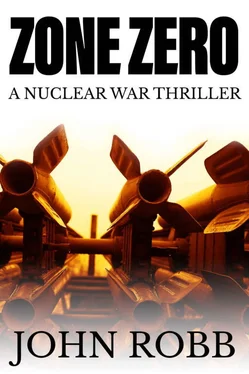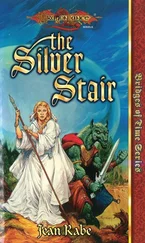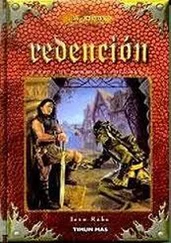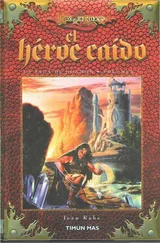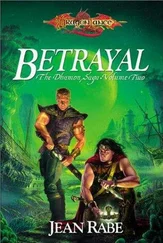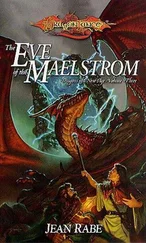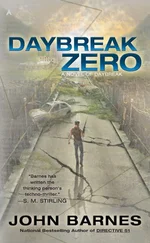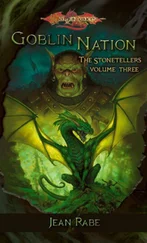“…So maybe the horses have a right to be miserable! They’re going to work hellish hard, then they’re going to be left to die!”
“…Like us!”
The staccato discussion went on, broken by an occasional uneasy laugh. But Keith did not join in. He was not even listening. He was thinking.
The horses…
If they could be killed, or even maimed…
Gallast depended on those horses, Keith suddenly realised. Without them, he would be unable to get away from the fort to take cover in the foothills.
Or would he?
Damn! Of course he would. He and his men were soldiers, too. They were tough. They could march if they had to, just as it had been planned that the garrison would march.
No—the idea was useless. It would have no more than a nuisance value.
But wait!
Professor Daak!
What about him? He was a sick man. They’d all heard him bleating about the heat and his heart. And he was old. He would never be able to march a single mile. And Gallast couldn’t leave him. Daak was the key to their entire operation. He was the only scientist among them. And, of course, the spare horse had been brought to carry him…
Keith turned to D’Aran.
“Listen, man officier ,” he whispered urgently, “I have a plan…”
D’Aran listened while discussions about other things went on around them. When he had finished D’Aran said levelly: “It is a good plan, legionnaire, but it has one or two bad faults.”
“What are they?”
“It pre-supposes that at least one of us will be able to approach the horses. How are we going to do that?”
“There must be a way!”
“Perhaps—but what is it? We are bound hand and foot at night and there is a guard outside this door. By day their guns are always pointing at us.”
“We could make a rush for the horses.”
“ Tiens ! Another of your rushes! But suppose that your rush succeeds—what then? How are we to kill them? Do we choke them with our bare hands?”
Keith fought down a mounting indignation.
“Maybe we could lame them.”
“Lame them! Again I ask—how? A kick on a fetlock would not achieve much, legionnaire… except that the horse would kick back!”
There was a touch of good-humoured mockery in D’Aran’s tones. Keith realised that his points were utterly logical. And that served only to make his disappointment the keener. He felt a perverse fury both with himself and his officer.
But his fury died as D’Arari suddenly said: “But you have the germ of an idea! I think I can see possibilities… there are possibilities! We will have one chance in a thousand. We will need steady nerves and great patience. God in his heaven will have to protect us if we are to succeed. But we may succeed in cheating those swine if we follow my plan. And you legionnaires may escape with your lives…”
The last sentence spurred Keith to a quick interruption.
“How about your life? You speak as if you’re not interested in your own future!”
It was almost dark now. Keith saw D’Aran only as a dim shadow. But he sensed a stiffening of the officer’s muscles.
And when D’Aran answered, his voice was harsh.
“Perhaps you are right, legionnaire,” he said. “Perhaps you are right…”
Then he added briskly: “The explosion is due at 15.00 hours on July 8th, which is just under seven days from now. But we must wait at least five days before putting my plan into operation… you see what I meant by steady nerves and patience? But if also means that we will have plenty of time to think of improvements! Now listen to me. Listen very carefully…”
PART TWO
(JULY 6 TH—8 TH)
Gallast directed a critical glance at a prostrate Professor Daak.
“You ought to be getting used to the heat,” he said.
Daak shuffled and grunted. He lay on an additional bunk which had been squeezed into D’Aran’s room. He raised a sodden handkerchief in a trembling hand and dabbed sweat off his bare chest. Then, breathing noisily, he turned his astonished-looking countenance towards Gallast.
“I’ve told you before—it’s my heart. I wish someone else could have come out here in my place. But then, there was no one with the knowledge.”
“You worry too much about yourself. Try using more will-power. Remember—you have an arduous day in front of you tomorrow. When the wretched legionnaires have been trussed up, we start riding for the safety of the foothills.”
Daak moaned at the prospect.
“By the way,” Gallast asked, “can you sit a horse?”
“Perhaps. Perhaps not. It is many years since I tried.
“Then you’ll have to cling on as best you can. My schedule has been worked out to the minute and we won’t have much time to spare. We leave here at two o’clock in the afternoon—that gives us just one day and one hour in which to cover the thirty miles to the foothills and dig protective trenches. In the ordinary way, there’d be ample time, but we must take supplies for several days on the pack mules, and mules will not hurry.”
A quiver of anxiety passed over Daak’s pink and seamless face.
“Those trenches… they must be very deep and dug in a special way or our lungs will be blown inside out by blast, even if we do not die of burns.”
Gallast shrugged.
“That will be done—and we’ll have the benefit of your expert advice.”
“But it will take many hours, even with twelve men. Could we not leave earlier? Why delay so long?”
“You want the legionnaires to be alive right up to the moment of the explosion, don’t you?”
“But of course! If I am to know the precise effects of thermo-nuclear radiations on living tissue I must…”
Gallast cut in with an angry gesture.
“Then as a man of science you ought to know that they cannot last much longer than twenty-four hours without water and in the full heat of this sun. Don’t forget—when we leave them they must be bound so they can’t move an inch.”
Daak licked a pair of shapeless lips. The eyes behind his pince-nez suddenly flickered with academic interest.
“That is quite so. Forgive me, I was forgetting. And they must be placed in the exact spots I mentioned—half of them in the compound so that I can gauge the protective value of the walls, the rest just outside the south of the fort, where they will receive the full thermo-nuclear radiation.”
Gallast looked thoughtful. He said slowly: “You know, Daak, I don’t like you! You can talk with complete indifference about the fate of the garrison—not that I blame you for that. I am indifferent, too. But you are a coward when it comes to your own safety. As a soldier, I have a natural antipathy towards cowards.”
“You are insulting me! I, Daak, have…”
“I know! You are our foremost scientific brain. I don’t deny it. But that’s your trouble, Daak. You’re all brain and no back-bone… but enough of this. I have a very important signal to send to the gentlemen on the Legion High Command. I must satisfy them that all is well…”
He sat at the radio table.
D’Aran’s code book was lying among the assortment of valves and wires. Gallast worked with it for a full half-hour, checking and rechecking his message before switching on the set and picking up the earphones.
He tapped out the Fort Ney recognition signal, cursing the aged apparatus as he did so. \
At last, after a long delay, a series of powerful long and short stabs rang in his ears. He made a brisk consultation with the code book.
The reception signal from Sidi Bel Abbes. Gallast braced himself. Then he transmitted the message.
From officer commanding Fort Ney . To secretary , High Command . All Arab populations now removed from area . Am evacuating garrison at 22.00 hours this day , as ordered .
Читать дальше
